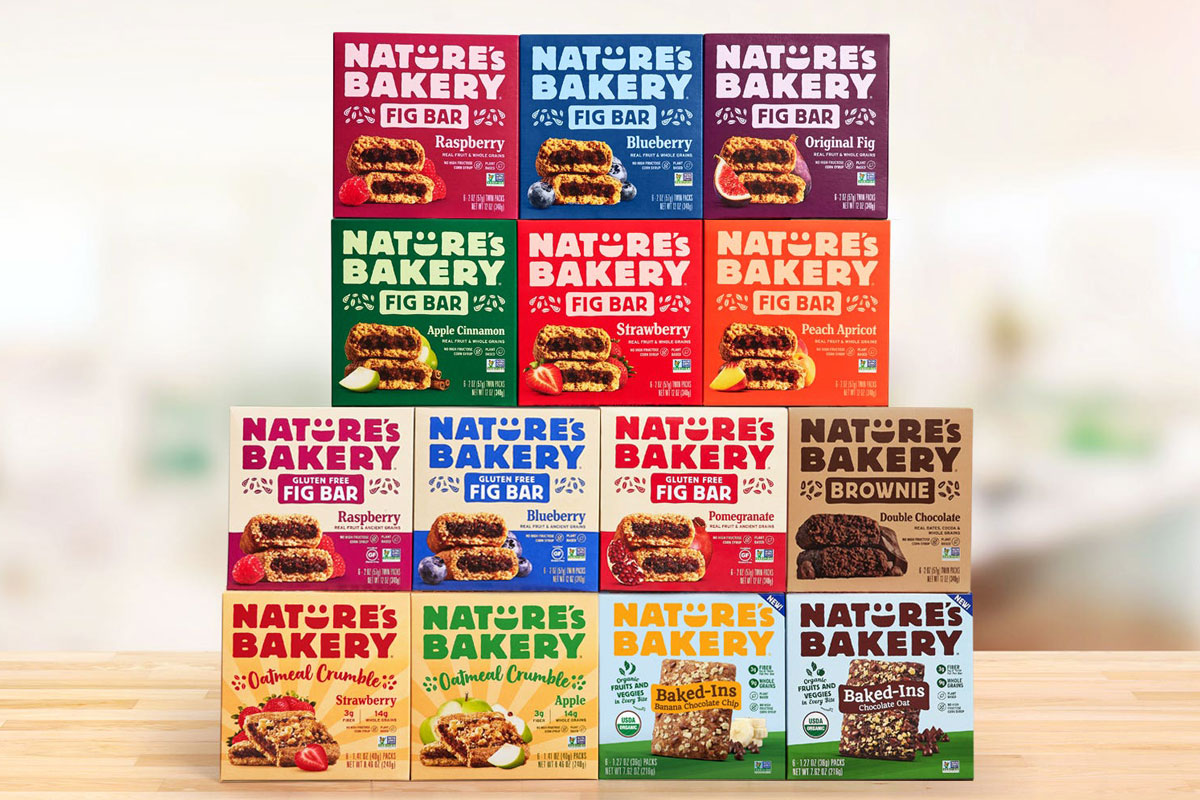With coronavirus last year came a growing consumer awareness on health and wellness, and while that might seem contradictory to the very essence of snacking and confectionaries, it has instead created demand for healthy snack foods, said Duncan McCulloch, general manager, Mars Wrigley Middle East and Africa (MEA).
Valued at $78.13bn in 2019, the global healthy snacks is projected to reach $108.11bn by 2027, exhibiting a CAGR of 4.2 percent during the forecast period, according to recent studies.
“Consumer habits in the Middle East and Africa’s core markets are changing when it comes to snacking, presenting opportunities and challenges for players in the industry. Healthy snacking is the fastest growing packed-food sub-category globally, despite its small size, experiencing, on average, six times the growth of regular food items,” said McCulloch.
“Although the overall snacking and confectionery industry was affected by Covid-19 and saw a decline in value in the past year, there is still room for the confectionery category to grow and gain consumers in the region despite the trend towards health and wellness as it is not an either-or choice,” he continued.
In response to this trend towards healthy snacking, Mars has introduced alternative products such as Galaxy Dates, made with fruits, and expanded its portfolio of product ranges which use natural ingredients.
The GCC region, and the Middle East in general, has also seen growth in the healthy snacking industry, said McCulloch, who has been with Mars for more than 20 years.
“I’ve seen enormous change across the industry during my tenure and I believe that all eyes are firmly fixed on the Middle East at the moment due to the Expo 2020 Dubai and all the economic growth plans across the region. We need to capitalise on this spotlight and showcase our capabilities and R&D innovations within the snacking and confectionary market,” he said.
“When it comes to healthy snacking, GCC is consistent with the global trend in terms of growth and potential, with Saudi Arabia as the fastest growing market globally. The base of the category is still small compared to other countries such as Germany and the UK, meaning there is still a lot of exciting growth opportunities ahead,” added McCulloch.

“Additionally, within MEA we have a very big growth opportunity within the treating and confectionery category as the market hosts 17 percent of the world population but only 4 percent of the total treats and snacks category,” he continued.
McCulloch expects health and wellness to continue dominating the confectionaries and snacking industry over the next decade.
“The world is changing at a tremendous pace. Covid-19 has accelerated consumer shifts towards digital, in-home snacking occasions, health and wellness, which are all here to stay. We are therefore working on how we can be agile and fast to respond to these changes,” he explained.
“The future of snacking will continue to adapt to the needs of our consumers which are changing towards more visible nutrition elements and healthier options. At Mars, we are working on offering our consumers healthier options through brands such as Be-Kind and Nature’s Bakery, while re-inventing our core chocolate brand,” continued McCulloch.
This does not mean the end of chocolate, however, although going forward the category will have “more competition in terms of share of stomach through alternative snacking offerings,” said McCulloch.

When it comes to diversity and inclusion in MEA market, Mars has a target of achieving gender balance, defined by 40 percent to 60 percent of any one gender, by 2023. The company also aims to have representation among its leadership teams and associates be reflective of the race and ethnicities of the markets it operates in.
“Our I&D targets are not vanity numbers or quotas but are driven by our belief in the exceptional value that more diverse teams bring in. The evidence is clear: organisations that embrace inclusive workforces are six times more likely to anticipate change, two times more likely to meet or exceed financial targets, six times more innovative, 45 percent more likely to improve their market share and businesses with a greater proportion of women on their boards, and are more likely to outperform their rivals,” said McCulloch.
“In terms of our business goals, inclusion and diversity can offer a wide range of benefits for not just Mars but any company globally. Higher revenue growth, greater readiness to innovate, increased ability to recruit a diverse talent pool and higher employee retention are all key factors,” he continued.






